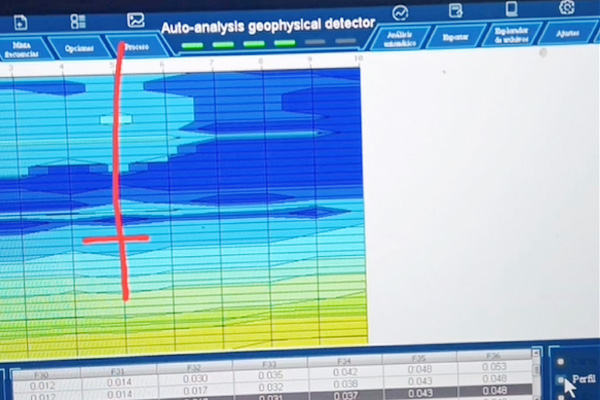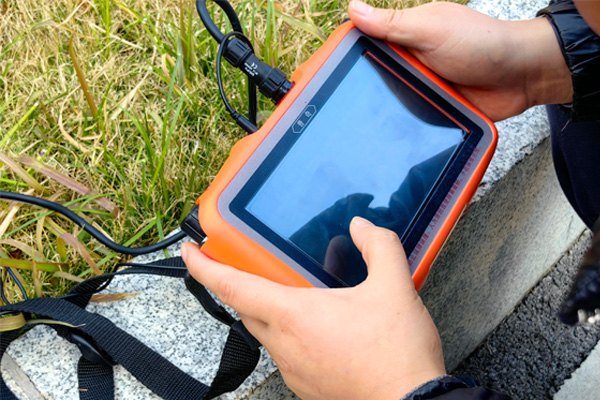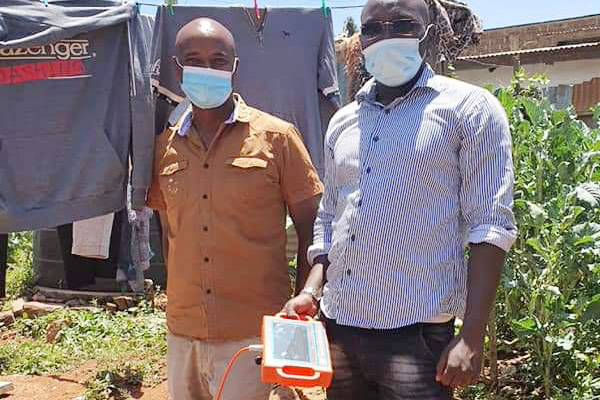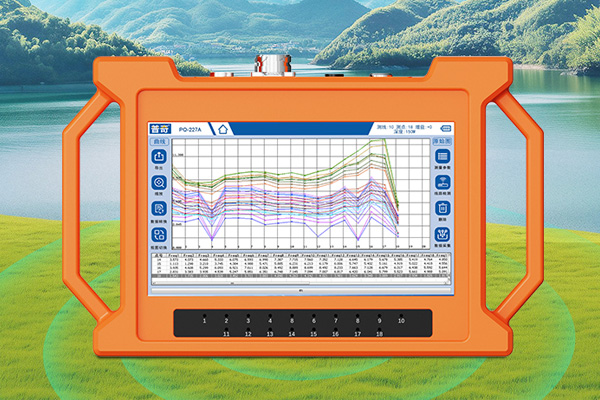underground pipelines, as an important component of urban infrastructure, carry multiple functions such as water supply, drainage, gas, electricity, and communication. With the acceleration of urbanization, the complexity and importance of underground pipelines are becoming increasingly prominent. In order to ensure the safe operation and effective maintenance of underground pipelines, underground pipeline detection work is particularly important. However, the charging standards for underground pipeline detection have always been a difficult problem for relevant units and individuals. This article will explore the charging standards for underground pipeline detection, in order to provide reference for relevant parties.
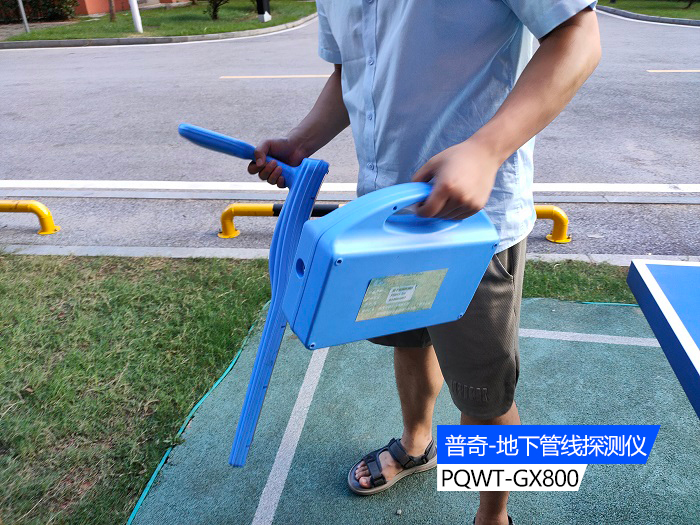
1、 Overview of Underground Pipeline Detection Services
Underground pipeline detection service refers to the process of using professional technology and Pipe Cable Locator to detect and measure information such as the location, depth, material, and direction of underground pipelines. According to different detection methods, underground pipeline detection services can be divided into two types: excavation detection and non excavation detection. Excavation detection is the direct search for underground pipelines by excavating soil, while non excavation detection uses advanced technologies such as geological radar and electromagnetic wave detectors, such as Pipe Cable Locator, to detect without damaging the ground.
2、 Factors affecting underground pipeline detection fees
The charging standards for underground pipeline detection are influenced by various factors, mainly including the following aspects:
1. Regional differences: Factors such as economic development level, labor cost, and price level vary in different regions, resulting in different charging standards for underground pipeline detection.
2. Detection methods: As mentioned earlier, underground pipeline detection has two methods: excavation and non excavation. Non excavation detection is usually charged higher than excavation detection due to its high technical difficulty and high cost of Pipe Cable Locator.
3. Pipeline types: There are many types of underground pipelines, including water pipes, gas pipes, cable lines, optical cables, etc. Different types of pipelines have differences in material, specifications, burial depth, and other aspects, which also affect the requirements for detection technology and Pipe Cable Locator, thus affecting the charging standards.
4. Detection difficulty: The complexity, burial depth, and surrounding environment of underground pipelines can all affect the difficulty of detection. The greater the difficulty of detection, the more advanced the required detection technology and Pipe Cable Locator, and the corresponding charging standards are also increased.
5. Service content: The underground pipeline detection service includes preparation work before detection, technical support during the detection process, data processing after detection, and report preparation. The quantity and quality of service content will also affect the charging standards.
3、 Transparency and rationality of underground pipeline detection fees
In order to ensure the transparency and rationality of underground pipeline detection fees, relevant parties should achieve the following:
1. Clarify the charging standards: Before signing the detection contract, both parties should clarify the charging standards, charging methods, payment time, and other terms to avoid disputes in the future.
2. Provide high-quality services: The detection unit should provide professional technical support and high-quality services to ensure the accuracy and reliability of the detection results. At the same time, costs should be reasonably controlled, detection efficiency should be improved, and charging standards should be lowered.
3. Strengthen supervision: Relevant government departments should strengthen the supervision of the underground pipeline detection market, regulate market order, and prevent malicious competition and overcharging.
4. Establish a feedback mechanism: Encourage users to provide feedback and evaluation on the fees and service quality of detection units, promptly identify and solve problems, and improve the overall satisfaction and reputation of the market.
The charging standards for underground pipeline detection are influenced by various factors, including regional differences, detection methods, pipeline types, detection difficulty, and service content. In order to ensure the transparency and rationality of fees, relevant parties should clarify fee standards, provide high-quality services, strengthen supervision, and establish feedback mechanisms. By comprehensively considering various factors and formulating reasonable charging standards, it can help promote the healthy development of the underground pipeline detection market and improve the safety and reliability of urban infrastructure.





